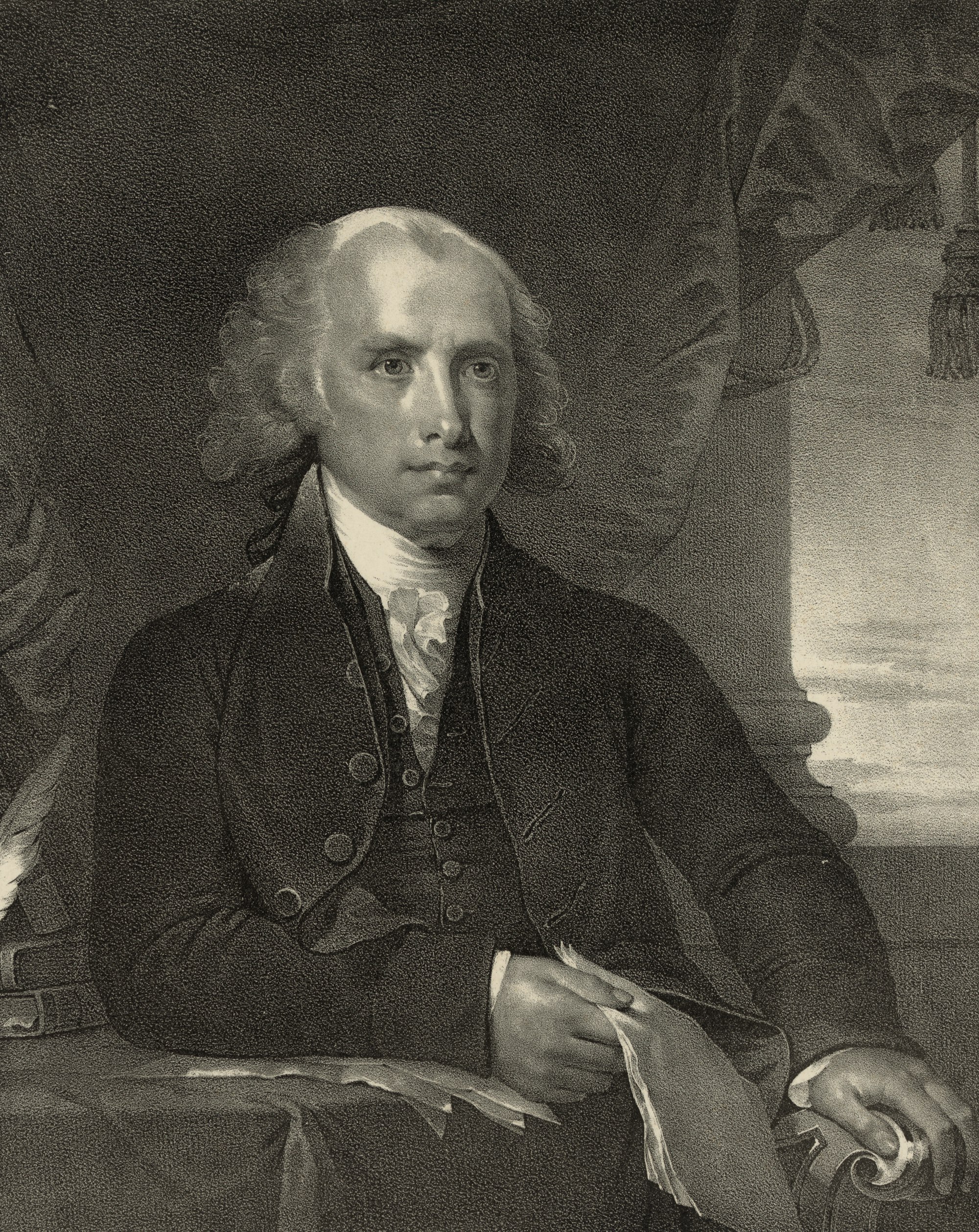James Madison on the Character of the Government (Federalist 39)

When the Constitution became available for scrutiny in the Fall of 1787, pointed criticism of the document began to arise. The Constitution's critics became known as Anti-Federalists and its supporters, Federalists. The most prominent Federalist writers were James Madison and Alexander Hamilton--who were the principle authors of the Federalist Papers writing under the pseudonym Publius.
One Anti-Federalist criticism was that the Constitution would inaugurate a national government rather than a federal government. James Madison addresses the issue in Federalist 39.
August Glen-James, editor
In this relation then the new Constitution will, if established, be a federal and not a national Constitution.
In order to ascertain the real character of the government it may be considered in relation to the foundation on which it is to be established . . . . On examining the first relation, it appears on one hand that the Constitution is to be founded on the assent and ratification of the people of America, given by deputies elected for the special purpose; but on the other, that this assent and ratification is to be given by the people, not as individuals composing one entire nation; but as composing the distinct and independent States to which they respectively belong. It is to be the assent and ratification of the several States, derived from the supreme authority in each State, the authority of the people themselves. The act therefore establishing the Constitution, will not be a national but a federal act.
That it will be a federal and not a national act, as these terms are understood by the objectors, the act of the people as forming so many independent States, not as forming one aggregate nation, is obvious from this single consideration that it is to result neither from the decision of a majority of the people of the Union, nor from that of a majority of the States. It must result from the unanimous assent of the several States that are parties to it, differing no other wise from their ordinary assent than in its being expressed, not by the legislative authority, but by that of the people themselves. Were the people regarded in this transaction as forming one nation, the will of the majority of the whole people of the United States, would bind the minority; in the same manner as the majority in each State must bind the minority; and the will of the majority must be determined either by a comparison of the individual votes; or by considering the will of a majority of the States, as evidence of the will of a majority of the people of the United States. Neither of these rules has been adopted. Each State in ratifying the Constitution, is considered as a sovereign body independent of all others, and only to be bound by its own voluntary act. In this relation then the new Constitution will, if established, be a federal and not a national Constitution.
